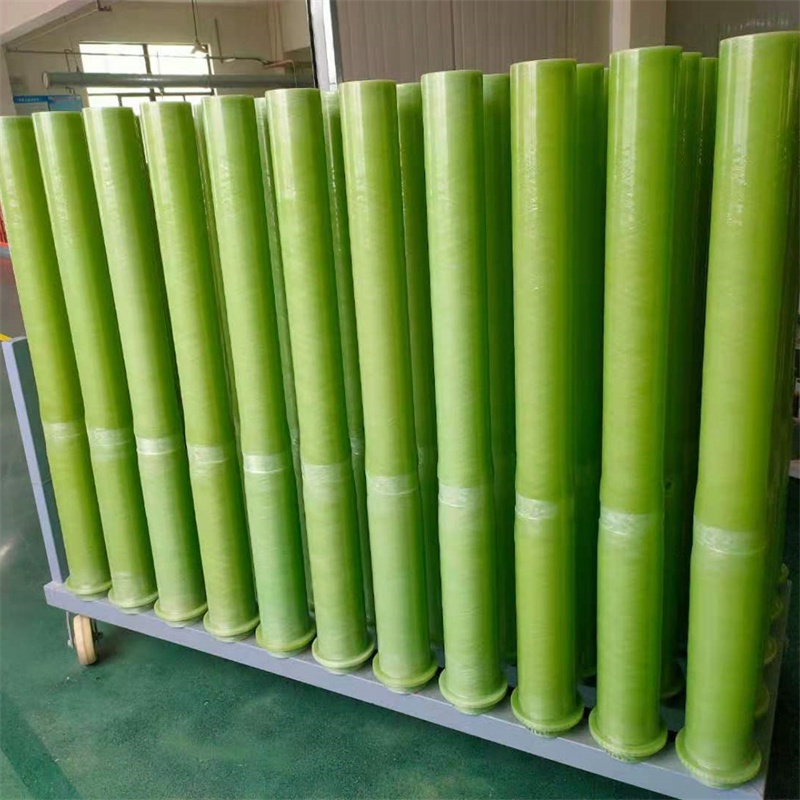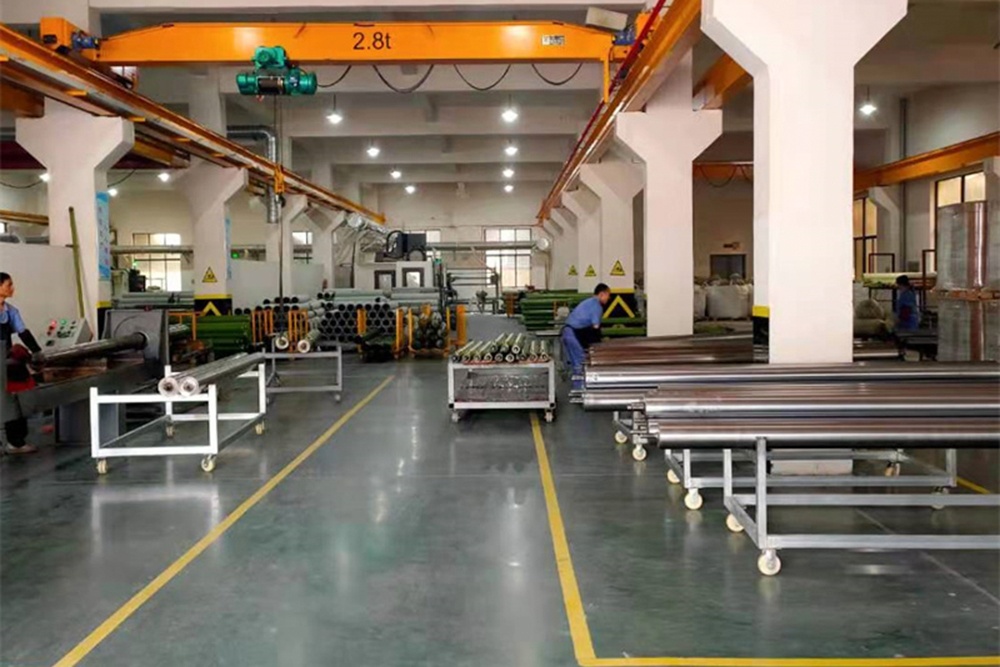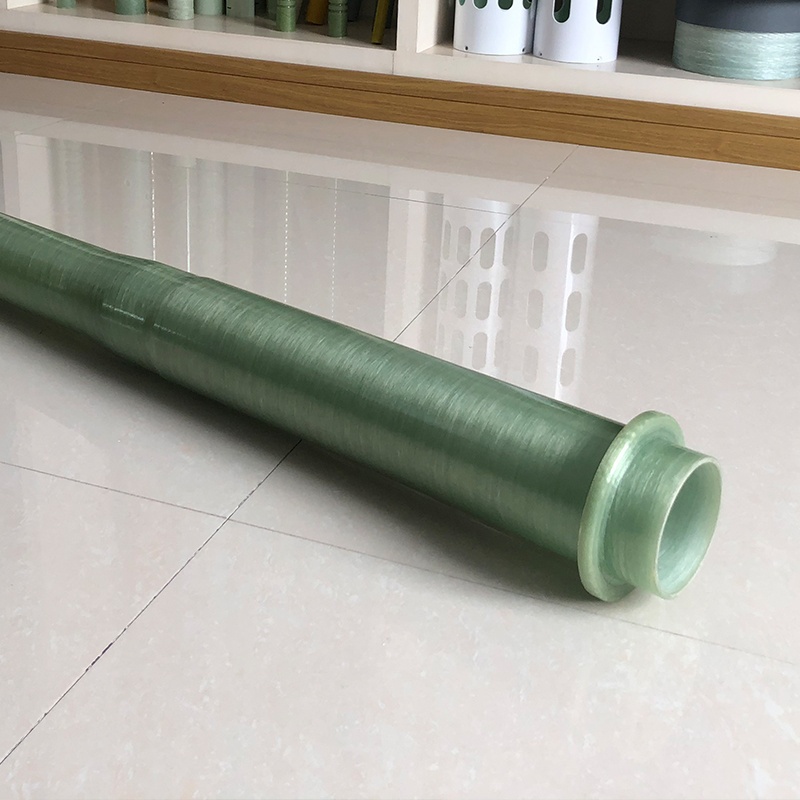Insulation Tubes: Types, Applications, and Benefits
Introduction to Insulation Tubes
Insulation tubes are essential components of energy-efficient and cost-effective insulation systems that are widely used in different industries. Insulation tubes are designed to provide thermal and acoustic insulation, electrical insulation, and protection against harsh environmental conditions. They are an essential component of heating, ventilation, and air conditioning (HVAC) systems, industrial piping systems, and electronics. This article provides a comprehensive overview of insulation tubes, including their definition, types of materials used, applications, and benefits.

Definition and Overview of Insulation Tubes
Insulation tubes are cylindrical tubes made of different materials that serve as insulation for various equipment and systems. They are used to prevent heat transfer or the flow of fluids or gases to ensure that the equipment or system functions optimally. These tubes come in different sizes and shapes, depending on their application.
Types of Materials Used to Make Insulation Tubes
There are different types of materials used to make insulation tubes, and the choice of material depends on the application. The most commonly used materials include:
1. Rubber insulation tubes: These are made of rubber and are soft and flexible, making them easy to install. They are commonly used for HVAC systems, refrigeration units, and plumbing systems.
2. Polyethylene insulation tubes: These are made of polyethylene and are known for their low thermal conductivity and high resistance to moisture. They are commonly used in industrial and commercial applications, such as oil and gas pipelines, plumbing systems, and refrigeration units.
3. Phenolic insulation tubes: These are made of phenolic foam and have excellent thermal insulation properties. They are commonly used in HVAC systems, refrigeration units, and commercial and industrial piping systems.
4. PVC insulation tubes: These are made of PVC and provide excellent thermal insulation and resistance to moisture. They are commonly used in the construction industry, HVAC systems, and piping systems.
Applications and Benefits of Using Insulation Tubes
Insulation tubes are used in various applications, including:
1. HVAC systems: Insulation tubes are used in HVAC systems to prevent the loss of heat or cool air through the ducts. They help to maintain a constant temperature and save energy, reducing heating and cooling costs.
2. Pipes and plumbing systems: Insulation tubes are used in pipes and plumbing systems to prevent the loss of heat or cold and protect against freezing. They help to prevent condensation and reduce the risk of corrosion.
3. Oil and gas pipelines: Insulation tubes are used in oil and gas pipelines to maintain the temperature of the fluid being transported, protect against condensation, and prevent corrosion.
The benefits of using insulation tubes include:
1. Energy savings and cost efficiency: Insulation tubes can significantly reduce heating and cooling costs by preventing the loss of heat or cool air through ducts and pipes.
2. Thermal and acoustic insulation: Insulation tubes provide thermal insulation, which helps to maintain a constant temperature and reduce noise levels.
3. Protection against harsh environmental conditions: Insulation tubes protect pipes and equipment from harsh environmental conditions such as extreme temperatures, moisture, and corrosive elements.

Types of Insulation Tubes
There are different types of insulation tubes, including:
1. Rubber insulation tubes: Rubber insulation tubes are soft and flexible, making them easy to install. They are commonly used for HVAC systems, refrigeration units, and plumbing systems.
2. Polyethylene insulation tubes: Polyethylene insulation tubes have low thermal conductivity and high resistance to moisture. They are commonly used in industrial and commercial applications, such as oil and gas pipelines, plumbing systems, and refrigeration units.
3. Phenolic insulation tubes: Phenolic insulation tubes have excellent thermal insulation properties and are commonly used in HVAC systems, refrigeration units, and commercial and industrial piping systems.
4. PVC insulation tubes: PVC insulation tubes provide excellent thermal insulation and resistance to moisture. They are commonly used in the construction industry, HVAC systems, and piping systems.
Advantages of Insulation Tubes

The advantages of insulation tubes include:
1. Energy savings and cost efficiency: Insulation tubes can significantly reduce heating and cooling costs by preventing the loss of heat or cool air through ducts and pipes.
2. Thermal and acoustic insulation: Insulation tubes provide thermal insulation, which helps to maintain a constant temperature and reduce noise levels.
3. Protection against harsh environmental conditions: Insulation tubes protect pipes and equipment from harsh environmental conditions such as extreme temperatures, moisture, and corrosive elements.
How to Choose Insulation Tubes ?
When choosing insulation tubes, it is essential to consider factors such as:
1. Type of application: The type of application will determine the type of insulation tube to use.
2. Temperature range: Insulation tubes have different temperature ranges, and it is essential to choose a tube that is appropriate for the application's temperature range.
3. Size and measurement: Insulation tubes come in different sizes, and it is essential to choose the right size of tube for the application.
4. Installation and maintenance: It is essential to consider ease of installation and maintenance when choosing insulation tubes.
FAQ
1. What is the temperature range for insulation tubes?
Insulation tubes have different temperature ranges depending on the material they are made of. Rubber insulation tubes have a temperature range of -40°C to 105°C, while PVC insulation tubes have a temperature range of -40°C to 85°C.
2. Can insulation tubes be used outdoors?
Yes, insulation tubes can be used outdoors, but they need to be UV resistant and able to withstand harsh weather conditions.
3. Are insulation tubes fire resistant?
Insulation tubes made of phenolic foam or mineral wool are fire-resistant.
4. How do I install and maintain insulation tubes?
Installation and maintenance vary depending on the type of insulation tube and application. It is essential to follow the manufacturer's instructions for installation and maintenance.
5. What are the benefits of using insulation tubes over traditional insulation methods?
Insulation tubes provide better thermal and acoustic insulation, are more cost-effective, and require less maintenance than traditional insulation methods.
Conclusion
Insulation tubes are essential components of energy-efficient and cost-effective insulation systems for various industries. By understanding the types, advantages, and how to select the right insulation tubes, you can improve the efficiency and effectiveness of your insulation system. Insulation tubes help to prevent the loss of heat or cool air, maintain a constant temperature, reduce noise levels, and protect against harsh environmental conditions.

